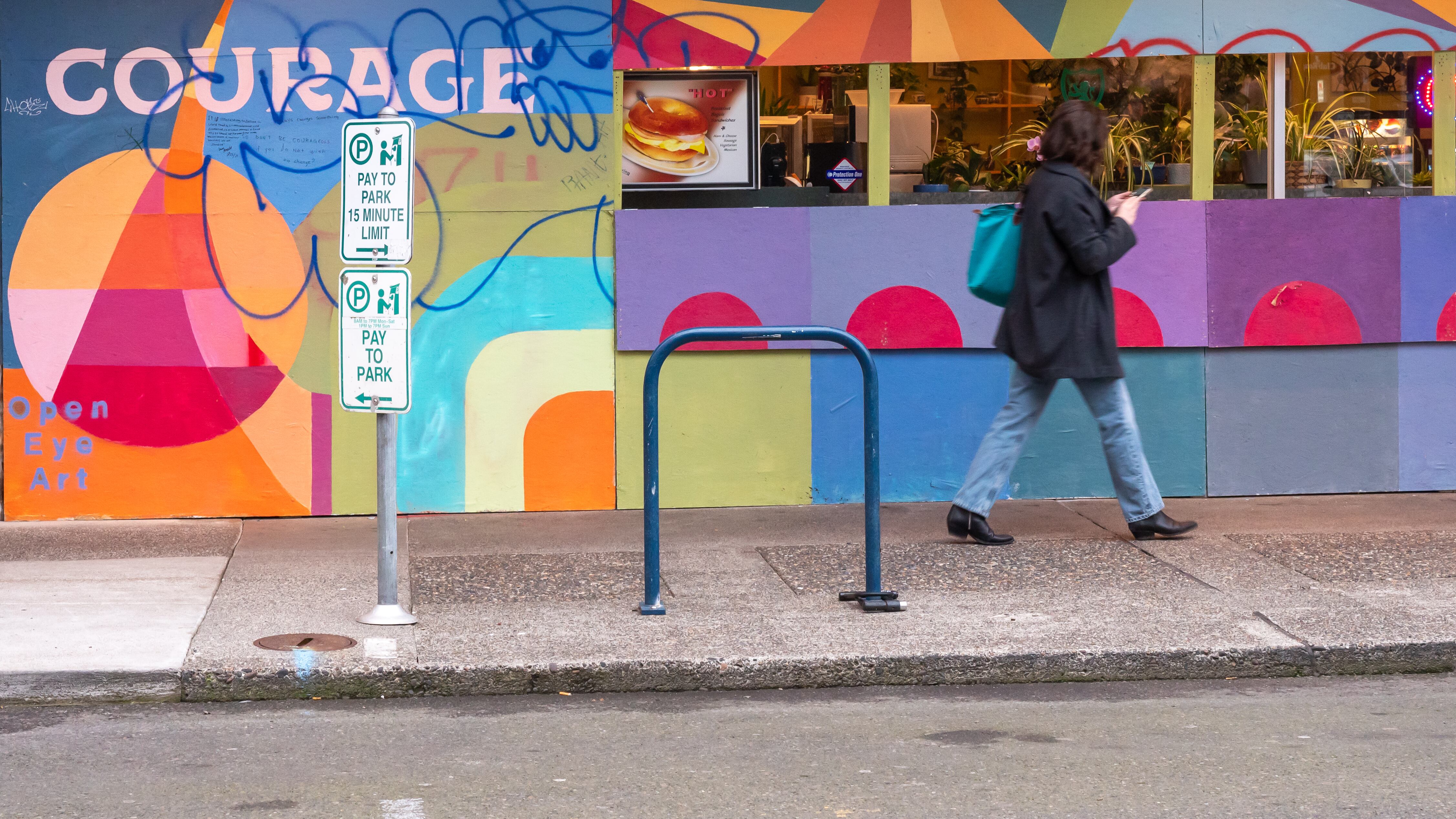Even as Portland elected officials try to persuade downtown business owners to bring workers back to downtown office towers, the city may have a hard time luring back its own employees.
Heather Hafer, a spokesperson for the city, told WW on May 13 that most of the roughly 50 staff in the Chief Administrator’s Office wanted to work remotely save for one or two essential monthly meetings, according to a survey.
“The majority of my team (roughly 50 employees) were interested in continuing to work remotely, but wanted the option of coming in,” Hafer said in an email. “There were a few follow up discussion groups where we discussed the idea of coming in for our monthly team meetings and then another day or two per month for regularly scheduled meetings.”
Data from two other city bureaus collected from employee surveys, shared with WW, show that most employees want to work remotely but have the option to come in one or two days a week.
“Most people want flexibility and to work remotely when possible, with many indicating that they’d like to only come in one to two days a week or as needed,” a spokesperson for the Bureau of Environmental Services said about a survey it conducted.
Laura Oppenheimer, a spokesperson for the Office of Management and Finance, tells WW: “The shift to full access in city buildings will not happen for some time. There is a workgroup looking at what we’ve learned from the pandemic, how we will blend telework and in-person work in the future, and what this means for the city’s building footprint, budget and culture over the long term.”
Last week, WW reported that Sam Adams met with downtown law firms about bringing their employees back as COVID-19 cases go down and offices slowly open back up. Their response? Right now, our employees are wary of coming back downtown because of homeless camps and property vandalism.
If downtown businesses are unable to lure back employees, Sam Adams told WW earlier this month, the result would be “devastating.”
“Normally, downtown has upwards of 140,000 office workers, and the bulk of those are missing. To see that scatter outside downtown, you lose that critical economic mass that is absolutely essential to every great city,” Adams told WW.
Even as Adams works to persuade major employers to return to downtown, leaders of city bureaus acknowledge their workers aren’t enthused about coming back to the office. That’s not necessarily a reflection on the condition of downtown, however—it may have more to do with the enduring appeal of working remotely.
That’s leading to questions about how much physical office space is necessary, or merely just wasted rent. That also raises great concern about the future of downtown Portland, which has classically been the place where many citizens come to work, eat and socialize.
The Bureau of Emergency Communications, one of Commissioner Mingus Mapps’ bureaus, told Mapps’ spokesperson Adam Lyons that it had conducted an informal survey with its staff currently working remotely, around 25 employees, about their preferences when workplaces open up.
The bureau reported that “Only two people currently teleworking asked to return to the office on close to a full-time basis,” and that “most everyone else preferred full teleworking or a hybrid model.”
The Bureau of Environmental Services shared with Lyons that it heard back from 68% of its employees—452 employees total—after sending out a survey asking about work preferences. Most of those employees wish to “work remotely when possible.”
“People are in no rush to return; they want to make sure it’s safe first. When they do come in, people want good technology, training, and norms to make sure we can continue to be successful with a hybrid workforce that includes onsite work and telework,” the bureau wrote. “People miss the social connections and want systems and processes in place to enable them to be successful in the new normal.”

